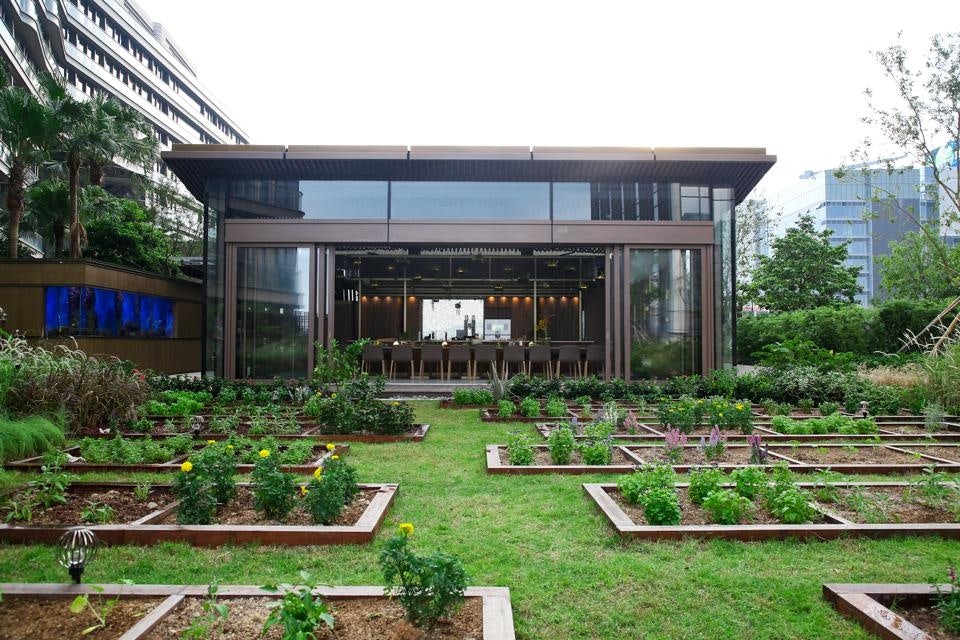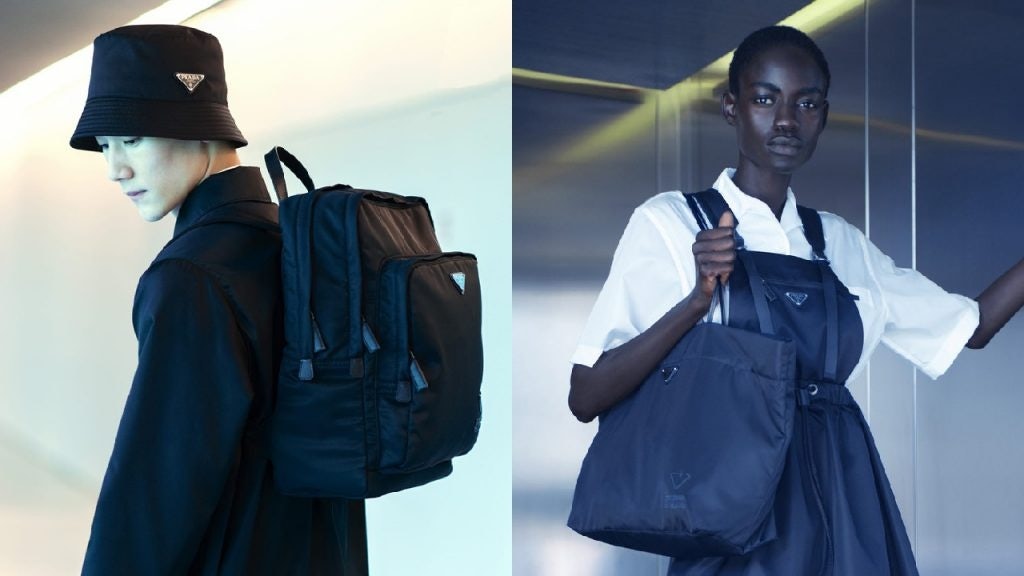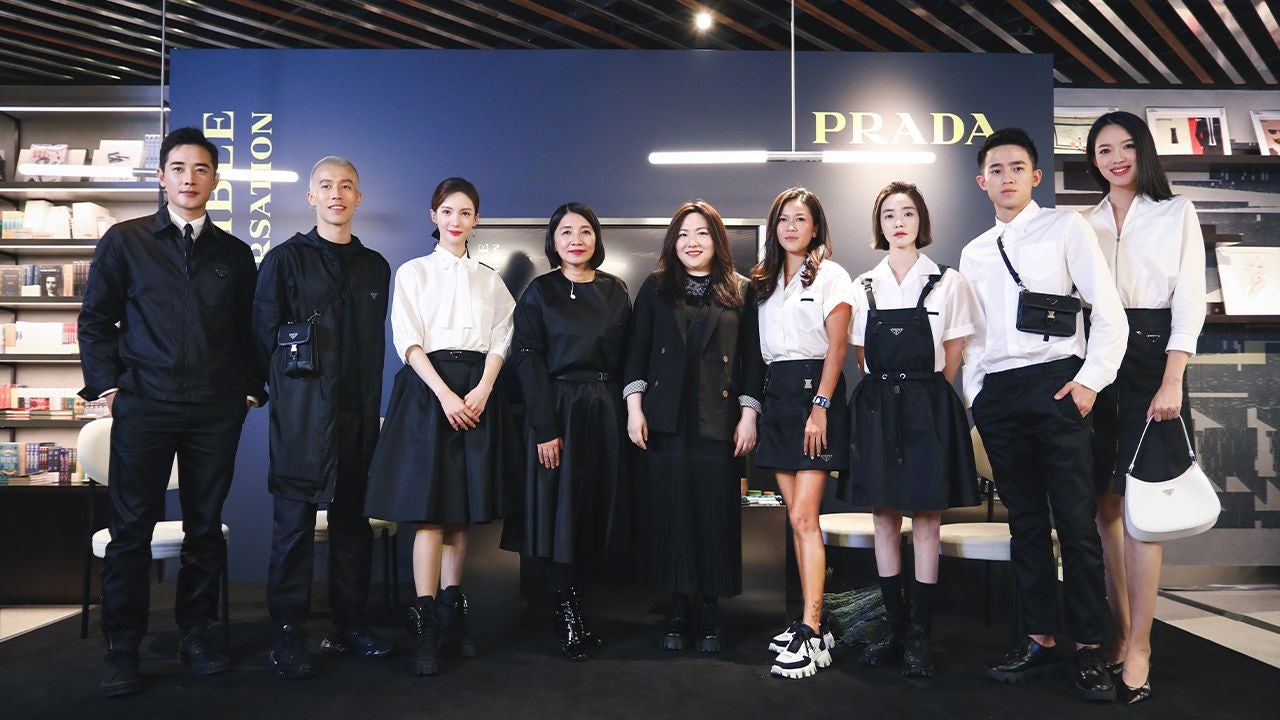Key Takeaways:#
Sustainability-linked loans (SLLs), created in 2017, and sustainability-linked bonds (SLBs), started in 2020, belong to a broader spectrum of financing tools that have recently been rising.
- Though the sustainable finance trend hasn’t attracted the same media attention as green marketing campaigns, it speaks to a growing need for companies to make Environmental, Social, and Corporate Governance (ESG) investments.
Compared to green bonds (bond issuances where the proceeds must be applied to green projects in part or full), proceeds from sustainable-linked loans or bonds can be used in a general corporate setting, such as daily operations.
Sustainability, a buzzword that has bounced around the fashion world for years, now touches every aspect of the industry, from design and supply chains to marketing and consumer awareness. Yet, there is one area that is rarely talked about: sustainable finance.
Facing an international goal of capping global warming at the 1.5°C danger line, companies — including luxury players — have created a new approach to finance that will contribute to this cause. And smaller luxury entities like Prada, Ferragamo, Moncler, and Chanel have been quick to tie environmental goals together with financial instruments.
Sustainability-linked loans (SLLs) and sustainability-linked bonds (SLBs) belong to a broader spectrum of financing tools that have recently been rising. While the former instrument was created in 2017, the latter category saw the Sustainability-Linked Bond Principles issued by the International Capital Market Association (ICMA) in June 2020. But why are brands eager to launch these nascent financial instruments? And how does it benefit the participating companies?
Here, Jing Daily looks at recent examples of companies that have chosen to go down this path and what it means to tie environmental goals to finance.
The ascent of sustainable finance#
In the last couple of years, the luxury industry began to see a trend of sustainable finance come out of Europe. Though this trend hasn’t attracted the same media attention as green marketing campaigns, it speaks to the growing needs of institutional and retail investors that want to make Environmental, Social, and Corporate Governance (ESG) investments, amplified by COVID-19.
In November 2019, Prada SpA signed the first sustainability-linked loan in the luxury goods industry with an Italian bank and signed another similar loan two months later with the Japanese bank Mizuho. Ferragamo got a 250 million-euro sustainability loan for its ESG target in June of 2020, while Moncler got a 400 million-euro loan commitment in July of 2020. Then, in September of 2020, Chanel announced that it raised 600 million euros of SLB.
Compared to green bonds (bond issuances where the proceeds must be applied to green projects in part or full), proceeds from sustainable-linked loans or bonds can be used in a general corporate setting such as daily operations.
Also, SLBs and SLLs are tied to certain key performance indicators. For instance, Prada’s SLL is issued by Italy-based Crédit Agricole Group on a five-year basis, and the interest rate can be reduced following the achievement of Prada’s three-part sustainability targets, such as the number of stores assigned a LEED Gold or Platinum Certification (the most well-known green building rating program by the US Green Building Council), the number of training hours given to employees, or the use of Prada Re-Nylon (regenerated nylon) in the production of goods.
The development of SLLs, born a few years earlier than SLBs, inspired the creation of the latter. “The KPI-linked mechanism in SLLs has been applied to the bond market in the form of sustainability-linked bonds, helping drive forward the move to embed transparent and credible sustainability targets into a company’s financing,” said Agnès Gourc, co-head of sustainable finance markets at BNP Paribas, during a public conversation last September. Headquartered in France, BNP Paribas has helped Prada and Chanel launch their sustainable financing instruments.
Most recently, Hong Kong-based New World Development, owner of the popular art mall concept K11, has become the world’s first real estate developer to launch a 10-year, 200 million SLBs. The group is committed to achieve 100-percent renewable energy for its rental properties (primarily K11 malls) in 11 cities in South China by 2026.
“Businesses must take timely action to combat climate change, and NWD will contribute to a cleaner future for the next generations as we expand in the [Guangdong-Hong Kong-Macau] Greater Bay Area of China,” said Adrian Cheng, executive vice-chairman & chief executive officer of NWD. He added that he was looking forward to other real estate peers taking similar steps.

Part of the process#
The fairly new concept of sustainable finance does not only represent part of the development of ESG investing, but it also plays an integral role in a participating company’s sustainability plan. “ESG loans are now an established part of Prada Group’s financing strategy, which is closely integrated with its sustainability agenda,” a Prada spokesperson said.
One key metric for Prada relies on its Re-Nylon series, which first debuted in 2019 as a capsule bag collection for a ready-to-wear collection for both men and women in 2020. And, according to Lorenzo Bertello, the brand’s head of marketing and CSR, the ultimate goal is “to convert all Prada virgin nylon into Re-Nylon by the end of 2021.” Prada is on track to realize these targets for its loans, both of which are certified on an annual basis by an independent third party, said to a Prada spokesperson.

Meanwhile, in NWD’s case, most K11 malls will be using solar panels and wind turbines to generate power for their buildings, which could benefit the brands that commit to sustainability in their operations, such as Moncler, Prada, and many others. “Our SLB was six times oversubscribed at its peak, with 80 percent of final investors being ESG-focused ones,” said Ellie Tang, head of sustainability at NWD, to Jing Daily. “ESG integration is not only important to us but also other developers and business sectors as well. What gets measured gets done, and tying financial goals to sustainability goals helps companies drive impact more efficiently and effectively.”
The financial market, in general, has made slow but marked progress in sustainable finance. Given that official principles by ICMA only launched last June, there is still a long way to go in terms of educating investors and getting more stakeholders involved. BNP Paribas reported that 488 billion in SLBs and 240 billion in SLLs had been issued as of last December.
NWD, which has raised about HK12 billion (1.55 billion) in sustainable financing, is already eyeing a broader application of these vehicles that result in a win-win situation. “Given the proceeds of sustainability-linked bonds or loans can fund general corporate initiatives rather than pre-selected green projects only,” said Tang. “We will explore further opportunities for these transactions to support NWD & K11's broader initiatives across Greater China.”


